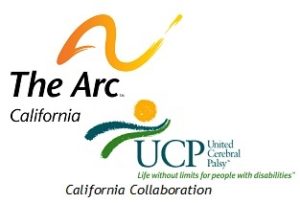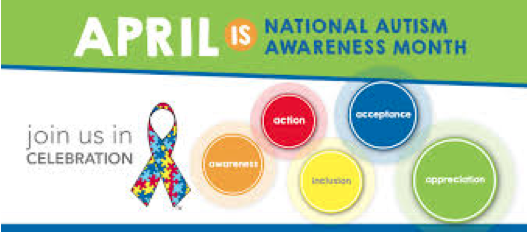There is no doubt that people with Autism have a long history of being misunderstood, to say the least. If you spend even a small amount of time researching the history or historical accounts of Autism you can see that travesties of justice occurred in the name of treatment – isolation, shock therapies and many other aversive treatments that were thought to make individuals exhibiting certain behaviors “normal”. In taking just under an hour to look through some of the historical articles and writings specific to research about autism and experiences of people with autism and their families and friend I am reminded of just how important creating, maintaining and promoting awareness really is. There is a substantial amount of literature about the “scientific” findings of the early years and how doctors and educators could “train” people that, sadly, they use to refer to in medical terms as idiots. Those historical words are hard to say and hard to hear and even harder to think about how dehumanizing the so-called treatments of the time were.
When I think about how and why changes have occurred over the years and where the demand for awareness originated I think of the incredible families that pushed back and refused to see there children or families members as less than any other child or human being. These parents, family members and friend are the individuals the really created the movement toward
inclusion and self-determination. As with any movement there is still progress to be made. As advocates we cannot rest until full and meaningful inclusion and self-determination are just part of every life for people with autism and other intellectual and developmental disabilities. We cannot rest until aversive treatments in the name of “therapy” are abolished – it is appalling that today in 2018 there are still aversive treatments and shock treatments being used while we await and Federal Drug Administration regulatory action to a proposed ban on shock therapy devices. It is absurd that there is still an “education” center in Massachusetts that believes this type of treatment is anything but torture. Though public comment on this particular regulatory proposal is closed, and had been for almost 2 years, a final rule has yet to be issued. We will continue to follow this and advocate for a final rule abolishing this archaic and inhumane treatment. If you would like more information about the proposed rule click here.
Admittedly, that FDA rule was a detour from my initial intent in writing this article but nevertheless an important one. Getting back on track it is important to recognize that we have come a long way since the early days when it seemed all but a miracle that someone with “infantile autism” could be “trained” to a recent article in the Harvard Business Review Neurodiversity as a Competitive Advantage that highlights the employment opportunities and talents of people with neurodiversity. The article is great and recognizes “Neurodiversity is the idea that neurological differences like autism and ADHD are the result of normal, natural variation in the human genome,” John Elder Robison, a scholar in residence and a cochair of the Neurodiversity Working Group at the College of William & Mary, writes in a blog on Psychology Today’s website.
Throughout the month I encourage you to take a few minutes and look back at some of these articles from the early days up through the recent article in the Harvard Business Review. Let’s take some time to appreciate how far we have come and celebrate the advocates – past, present and future – that keep Autism Awareness front and center. Below are a
couple articles that I found interesting.
For more information on National Autism Awareness Month click here.


Teresa Anderson, Policy Director, The Arc of California

